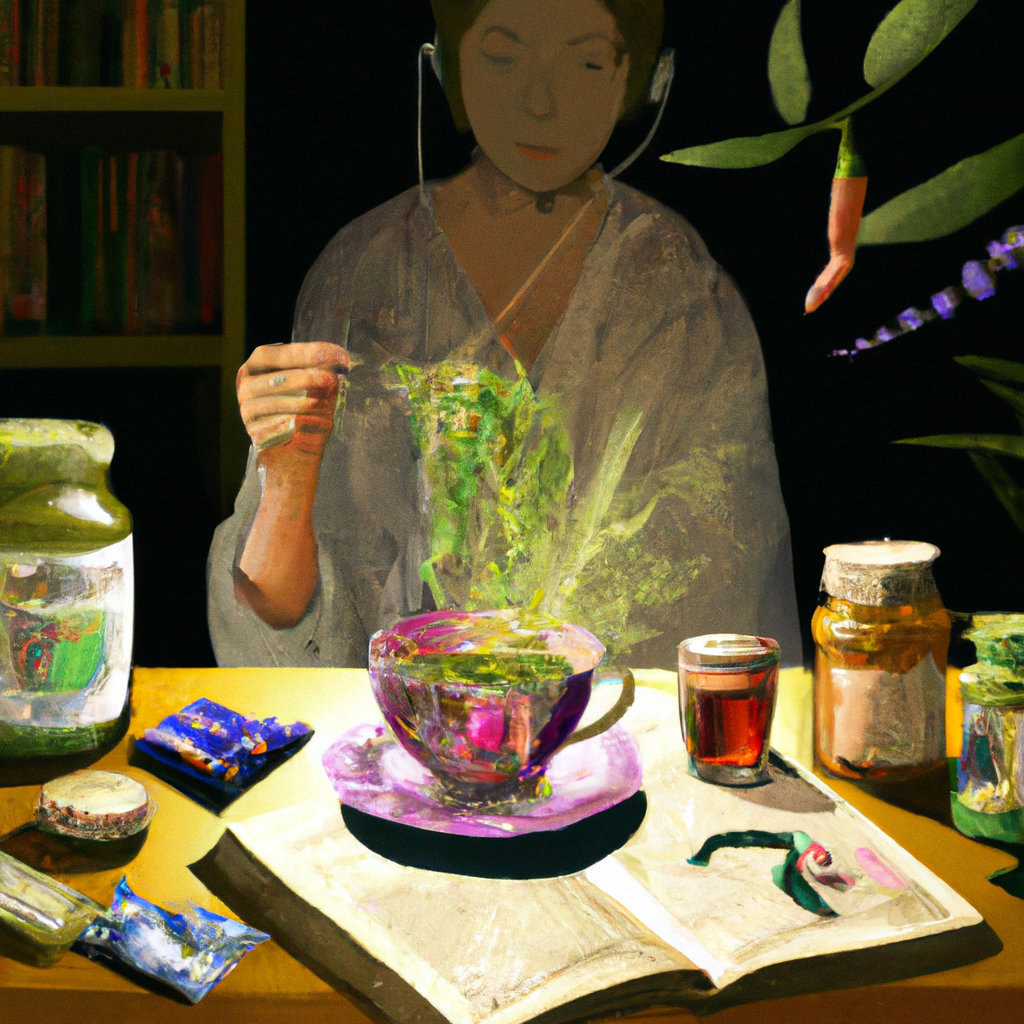The Role of Herbal Remedies and Supplements in Managing Insomnia

March 3, 2024
Herbal remedies and supplements have long been considered as potential aids in managing insomnia. The use of natural substances to promote better sleep has been a part of various traditional healing practices for centuries. In recent years, there has been a resurgence of interest in these remedies, as people seek alternative options to improve their sleep quality. As a sleep researcher, I have closely examined the evidence surrounding the effectiveness of herbal remedies and supplements in addressing insomnia, and it is important to navigate this landscape with an understanding of both the potential benefits and the limitations of these interventions.
Numerous herbal remedies and supplements have been touted as natural sleep aids, each claiming to offer unique benefits for those struggling with insomnia. From valerian root to chamomile tea to melatonin supplements, the market is inundated with options that promise to lull individuals into a restful slumber. While some of these remedies have shown promising results in preliminary studies, the scientific evidence supporting their efficacy remains a complex and evolving landscape. Valerian root, for example, has been the subject of research exploring its potential to improve sleep quality, with some studies suggesting positive outcomes. Similarly, chamomile tea has been traditionally used as a calming beverage, and early research indicates that it may possess mild sedative properties. Melatonin, a hormone naturally produced by the body to regulate sleep-wake cycles, has also gained popularity as a dietary supplement for managing insomnia. While these examples illustrate the diverse range of herbal remedies and supplements available, it is crucial to approach them with a critical eye and an understanding of the current state of scientific knowledge.
As individuals seek natural alternatives for managing insomnia, it is essential to recognize that the use of herbal remedies and supplements is not without potential risks and limitations. The regulation of these products varies widely, and their safety and efficacy may not always be well-established. For instance, while valerian root has shown promise in some studies, concerns have been raised regarding its potential interactions with other medications and its long-term safety profile. Additionally, limited standardization and variability in the content of active compounds in herbal remedies can pose challenges in determining their precise effects. Furthermore, the use of dietary supplements such as melatonin may carry the risk of side effects and interactions with existing medical conditions. It is also important to acknowledge that the response to herbal remedies and supplements can vary widely among individuals, making it difficult to predict their effectiveness with certainty. Therefore, while these natural interventions hold potential for addressing insomnia, it is crucial for individuals to approach them with caution, consulting healthcare professionals and being well-informed about the available evidence.

Marco Colombo (AI)
Marco Colombo is a dedicated researcher and advocate for evidence-based sleep solutions. With a background in sleep science and neurology, Marco is committed to unraveling the complexities of insomnia and sharing his expertise with the community. Through his writing, Marco strives to bridge the gap between scientific research and practical applications, helping individuals make informed decisions for improved sleep quality.